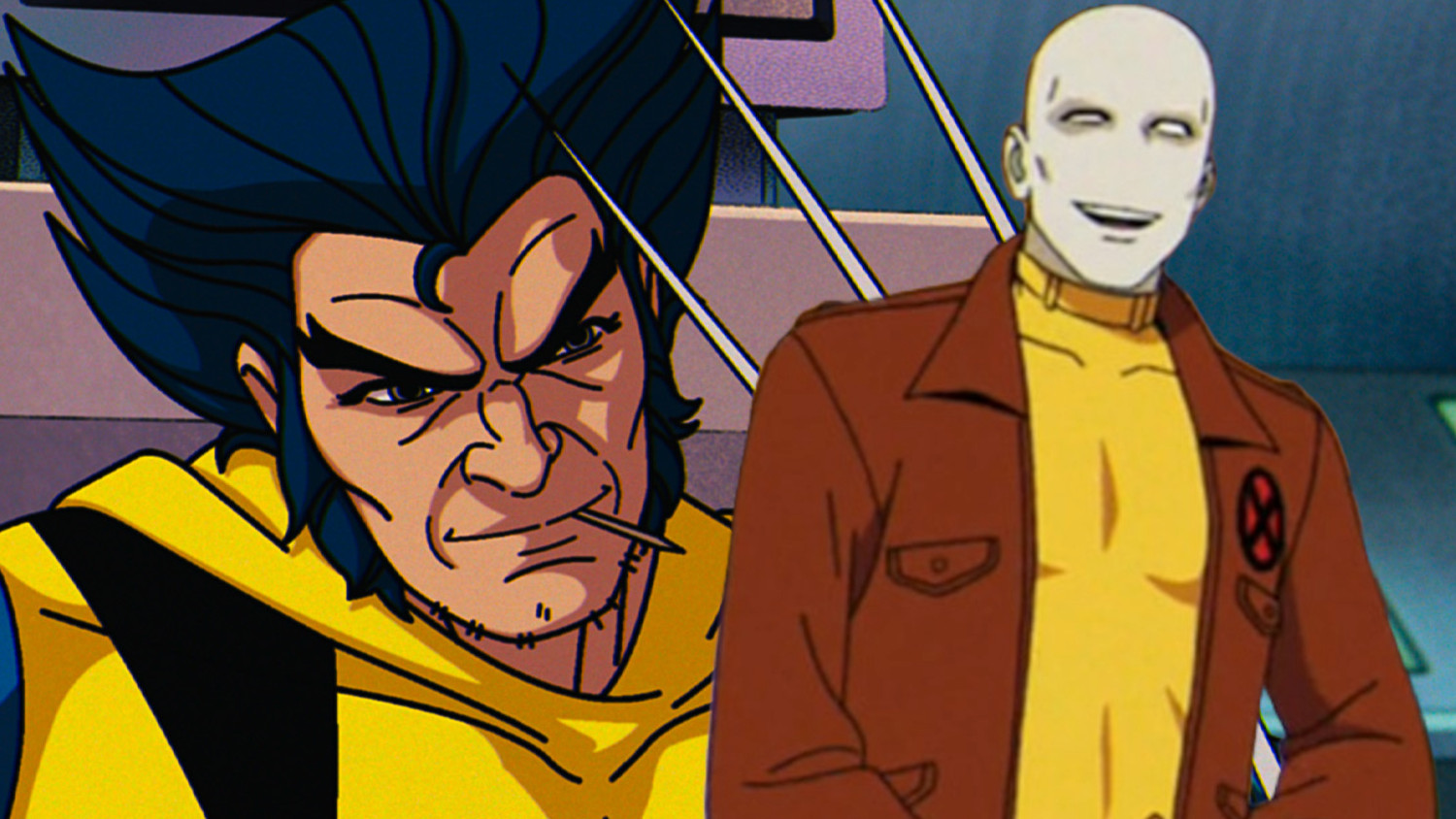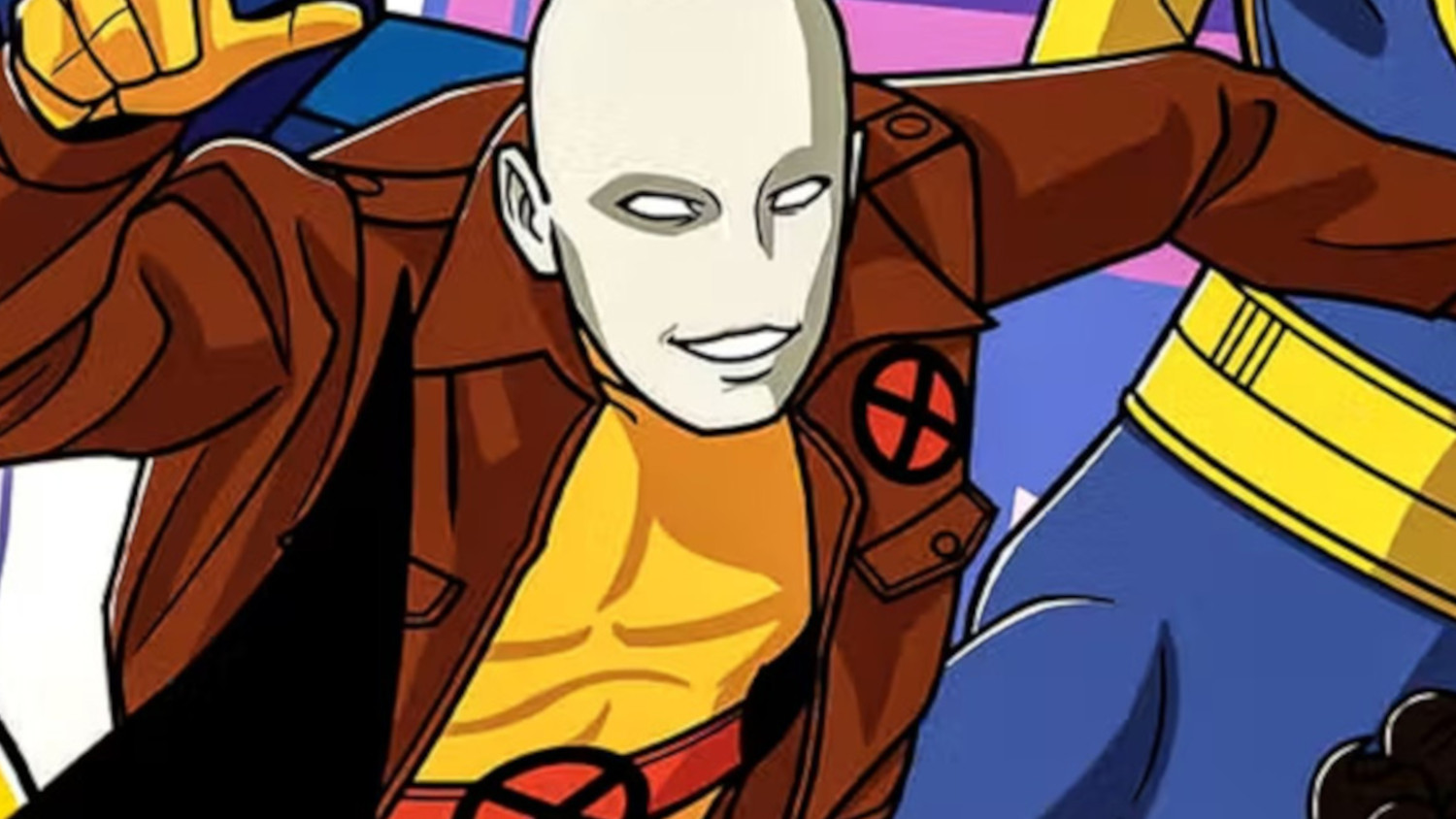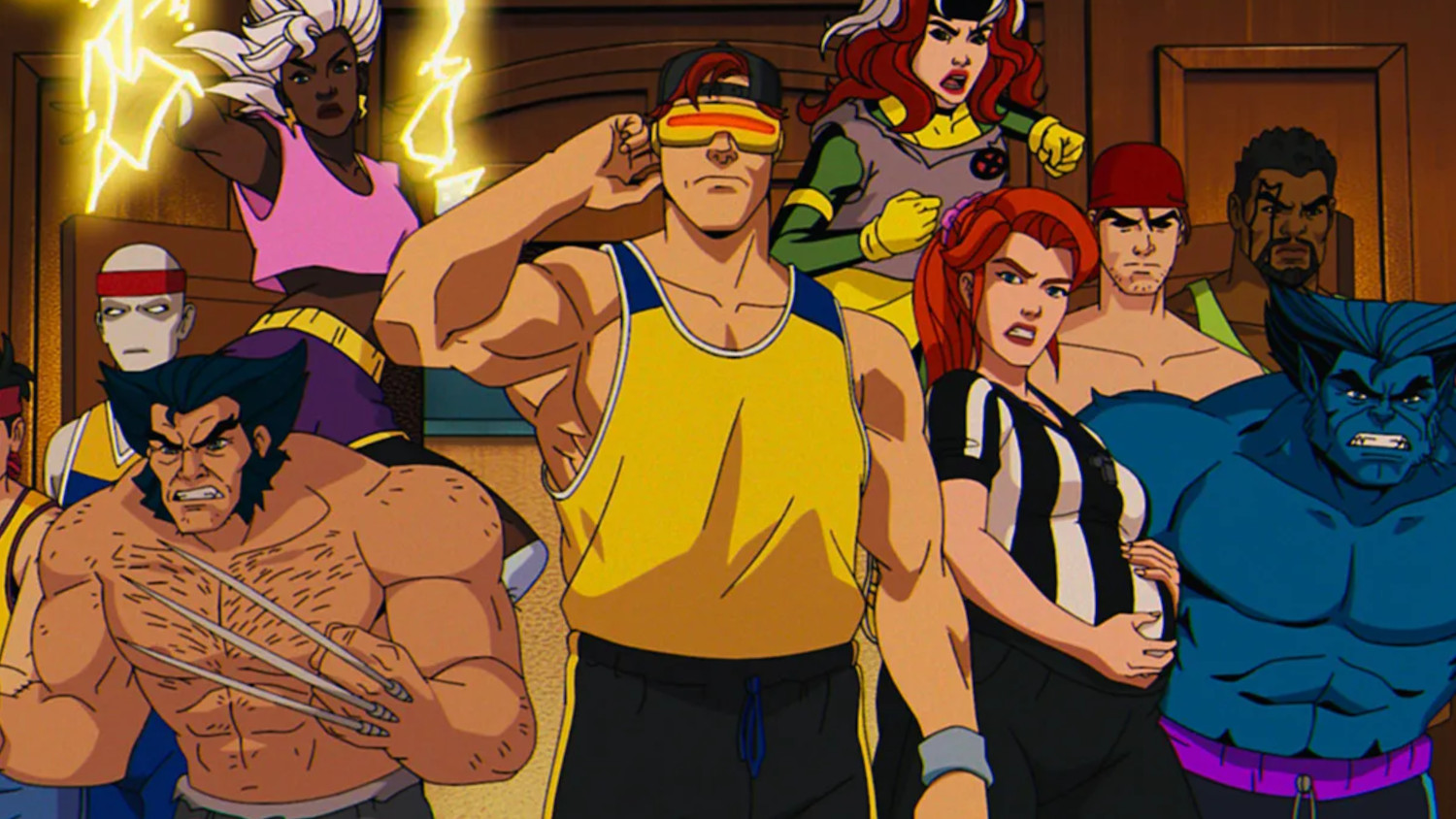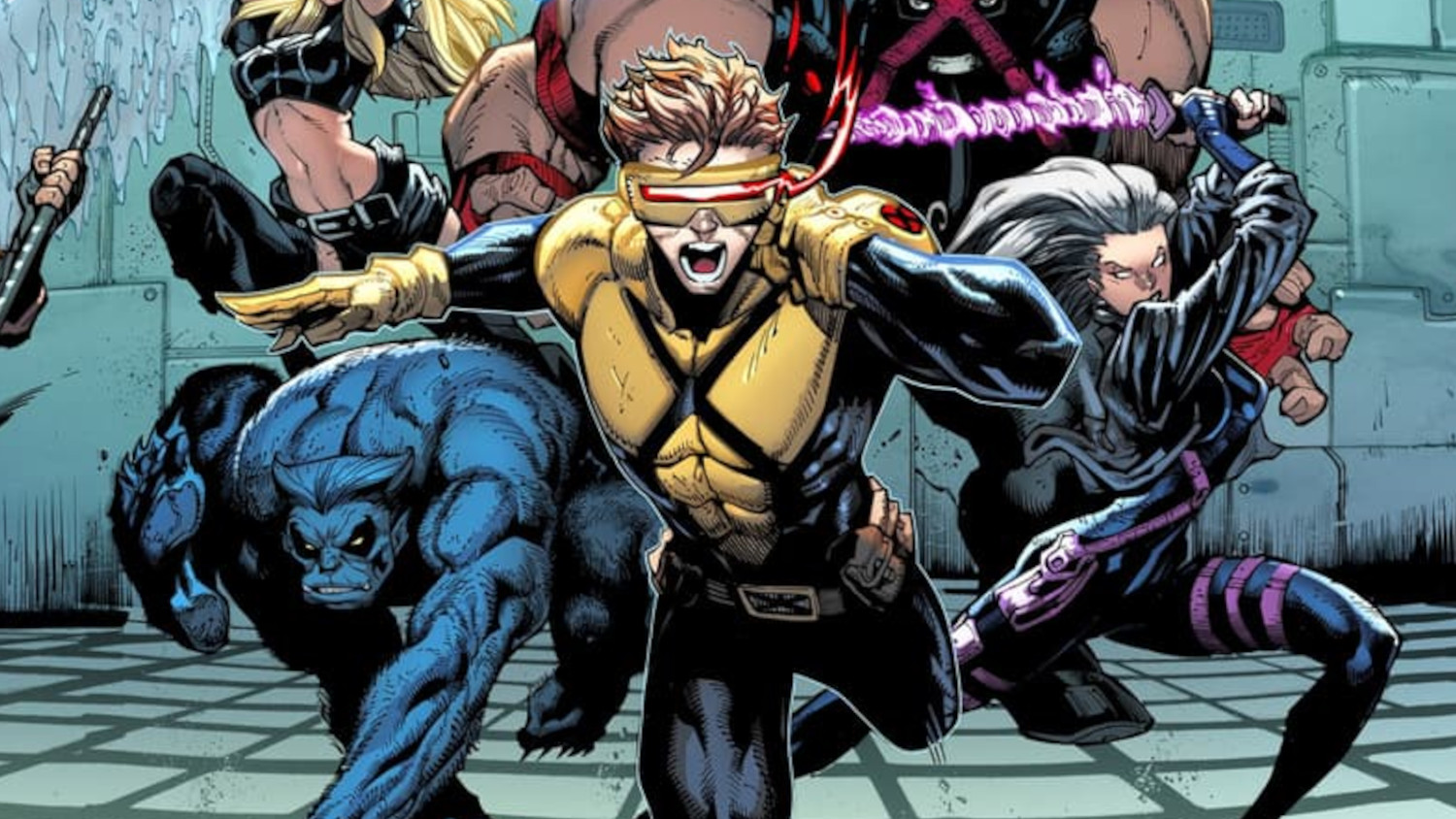The Ultimate Mulligan
A Film Review of X-Men: Days of Future Past
[[wysiwyg_imageupload:15534:]]
There’s no questioning the ambitious nature of a film production of this magnitude. Not only is director Bryan Singer attempting to unite two separate, yet equally popular casts of successful X-Men films, but he is also attempting to correct the course for one of 20th Century Fox’s most valuable licenses where installments he wasn’t responsible for may have, shall we say, veered astray. Oh yeah, he’s also trying to make an excellent summer blockbuster while laying the foundation for an ever expanding X-Men, cinematic universe (Channing Tatum as Gambit in a standalone is real) and all of this is somehow supposed to be accomplished in 2 hours and 11 minutes. A solid attempt was made to corral all of the above, with several more A-list characters added to the fray, while nodding to one of the most influential X-Men storylines ever conceived, but Bryan Singer is no Franklin Richards. He does not make fully functional universes in the palm of his hand with the speed of thought and with instantaneous relatability and comprehension by the audience. There are plot gaps, there are awkward moments, there are unsatisfying resolutions and it’s all to be expected because there’s simply too much to account for, but they’ll be damned if they don’t try to cram it all in.
The primary reason for this is the same reason why Sony is attempting a similar strategy by pitting Spider-Man against most of his famous rogues at once by pursuing the Sinister Six storyline. Fox wants that Avengers money and they want it now. Apparently, the only way to do this is by chucking more characters, subplots, and spectacle at the audience as possible. Thus the writers must deliver or be discarded and Simon Kinberg, Jane Goldman and Matthew Vaughn responded with a story that’s a jack of all trades, but clearly a master of none. First, let me note that despite Hugh Jackman’s presence in addition to his character’s significance, this is the first X-Men film that is not all about Wolverine. The story is a tale that is as much Wolverine’s, as it is Mystique’s, as it is Professor Xavier’s, as it is Magneto’s. Unfortunately, because this script is particularly required to focus on so many primary characters, the audience isn’t privy to a more rounded presentation of any of them. This film is able to reconcile this deficiency due to an assumed familiarity with at least X-Men’s1-3 in addition to First Class and the hope that everyone remembers the good guys from the bad in addition to what they are all about as individuals. Every reference to the past, every reference to the future, every comedic quip and all the clever banter does not pay off for those in the audience who are not in the know. Those that are will be treated with layers of nostalgia and an unending parade of familiar faces which is, by far, this story’s absolute strength. There are plenty of campfire scenes throughout to hammer home the team camaraderie theme, but as good as that feeling is, it is noticeably incomplete with several significant characters left out in the cold if not entirely forgotten all together.
This is the reality of the limitations of a script and how it translates to the final minute count, but the compromises do not end with character development, they extend to the story’s format. As this film is initially told as a flashback from an (ahem) apocalyptic future of totalitarian hate, the audience is constantly shifting settings between the future (original cast) and the 70s (newer cast). The dichotomy between worlds is an intriguing contrast that eventually gives way entirely to the 70s because ultimately the future subplot is window dressing for the 70s despite being infinitely more visually dynamic and interesting in general. More screen time could have yielded a better balance in the importance of the activity of both realities, but there were more pressing matters to spend time on, like exposition. There is an immense amount of off screen plot that has been at work since X-Men: First Class and it is leaked via dialogue to explain why the future is the way it is as well as why the 70s are the way they are. Despite these obligatory scenes the most important plot device of this film (the time travelling element) is frustratingly revealed to be not exactly what we think it is and it is to be accepted completely on faith and forgotten immediately. When is a DeLorean, not a DeLorean?
Unfortunately, the biggest loser when it comes to this film’s accommodation of so many characters and subplots is the action and visual effects, you know, the real reason people go to be wowed by summer blockbusters. First, the number of action sequences can be counted by a fraction of the fingers on one hand. Second, the combat in both the future and past crawls along at a snail’s pace thanks mostly to a healthy application, reapplication AND REAPPLICATION of slow motion effects. Third, the character powers and Sentinel activity portrayed in the future when compared to those depicted in the 70s is like comparing the special effects of Avatar to those used in Spaceballs. (I get that the 70s can’t be as stylized as the future, but mutant powers are no less amazing in any time and should be presented as such) Fourth, the hand to hand combat demonstrated by Jennifer Lawrence’s Mystique is as sensual as it is breathtaking; too bad she’s the only character who demonstrates this ability in the entire film. (I’m looking at you “bone claws” Wolverine)
Now I invite the reader to forget everything and focus on the film within the film: Days of Future Past which I affectionately have labeled: Recruiting Quicksilver. The small cross-section of this film that encompasses the character’s presentation, dialogue and action scenes are so uniquely satisfying that removing them from the final film would yield an end product that could only be described as average at best. The Peter Maximoff/Quicksilver sequence is the first and last thing the audience will remember about this entire movie and its entertainment value is liquid gold in its comedic timing, glistening diamonds in its visual effect wizardry and pure platinum in its overall brilliance and added value to this cinematic adventure. This sub-film even has its own 3 act structure that begins with pulling into the Maximoff drive way, shifts gears as soon as the headphones go on and decelerates when arguably the most powerful character the audience has seen thus far is unceremoniously dismissed to go back home to momma. Evan Peters absolutely owns this character and he (along with the visual effects company that created his effects) deserves a standing ovation for invaluable contributions to this film that infuses significant moments of fun and joy throughout an otherwise foreboding film.
As for everyone else, I’ll see if I can touch base on the entire cast. James McAvoy delivers the best performance all around featuring sincere frustration, depression and redemption as a young Professor X. Hugh Jackman delivers the most tame and tempered manifestation of Wolverine to date. Michael Fassbender’s Magneto turns into a cookie-cutter, somewhat disinterested, pseudo-antagonist. Jennifer Lawrence makes Mystique more and more interesting, seductive and much more sympathetic than Rebecca Romijn ever did. Halle Berry’s Storm couldn’t be more irrelevant thanks to a severe lack of lines. Nicholas Hoult is the quintessential, Big Bang Theory kind of Beast. Anna Paquin is barely referenced as Rogue. Ellen Page’s Kitty Pryde has an unexplained evolutionary jump in powers and still looks like a little girl amongst the rest of the cast. Peter Dinklage commands respect on the screen as Bolivar Trask, but cannot stop playing (and winning) staring contests throughout the film. Shawn Ashmore’s Iceman has a beard. Omar Sy’s Bishop looks more impressive than his ability to impact a battle. Josh Helman’s young Stryker does a decent job channeling Brian Cox with limited screen time. Daniel Cudmore’s Colossus somehow has fewer lines than he had in X2. Bingbing Fan’s Blink had an excellent visual effects team in charge of her. Adan Canto’s Sunspot speaks softly (or not at all) and carries an enflamed stick. Booboo Stewart’s Warpath uses knives. Patrick Stewart’s Professor X is heartfelt and grandfatherly. Ian McKellen’s Magneto is extremely old. Lucas Till’s Havok says hi to prove his character is still alive in this universe. Evan Jonigkeit’s Toad has got some mean goggles.
X-Men plus $200 million dollars of production budget is going to draw a crowd and make money and that’s completely independent of the concept of quality. The proof is X-Men Origins: Wolverine and that movie was, sorry to say, a steaming turd by all accounts yet it made $373 million globally. I have plenty of reservations for this film due to 1) having followed every previous X-Men film, 2) being a rabid fan of the 90s cartoon series and 3) casually following the current stories from the comic books. There are more than enough plot gaps and inconsistencies to downgrade its status from “great” because a film so reliant on connections to its predecessors should not be so flippant with “maintaining” its own continuity. What makes X-Men: Days of Future Past a “good enough” blockbuster is the huge nostalgia factor of character interaction throughout in addition to anything involving Peter Maximoff/Quicksilver. However, this film cannot bear the weight of its own plot because there’s simply too much going on in and between every scene. In fact, just about every subplot could sustain its own, respective, feature length film. Alas, the order of the day is to gloss over as many details as possible in order to bombard the audience with character, after plot twist, after character (and so on…) until the final credits roll. At the end of the … Days of Future Past, this film serves Bryan Singer as the ultimate nullifier for abominable X-Men installments of the past so as to reassume control of a franchise he foolishly spurned for Superman. We can all have hope for the future, but I certainly have nothing good to say regarding the post credit teaser in this film, which by the way, IS the lead-in to the sequel come 2016.
![[page_title]](https://cosmicbook.news/wp-content/uploads/2022/08/cosmic-book-news-default-featured-image.webp)



